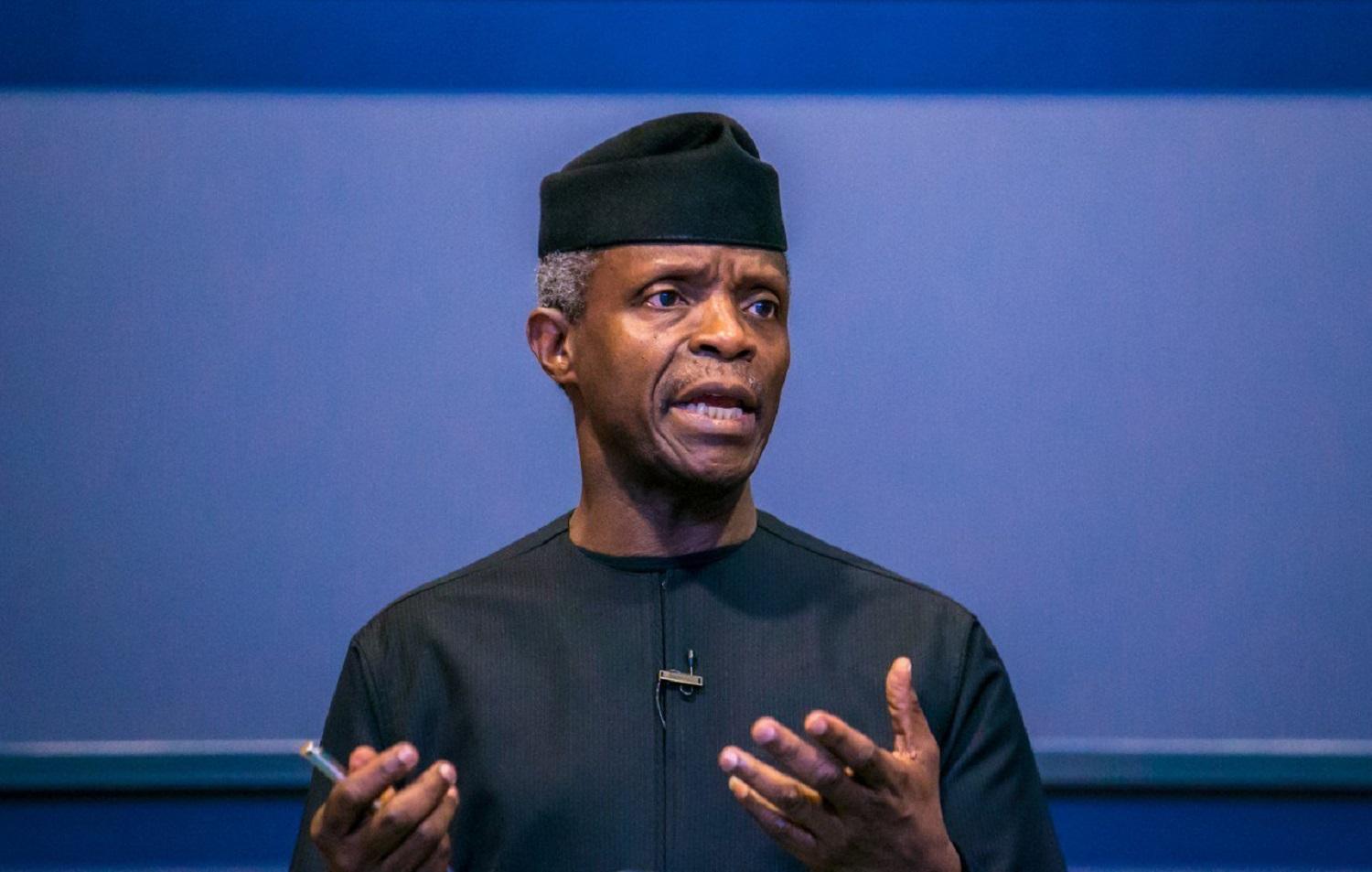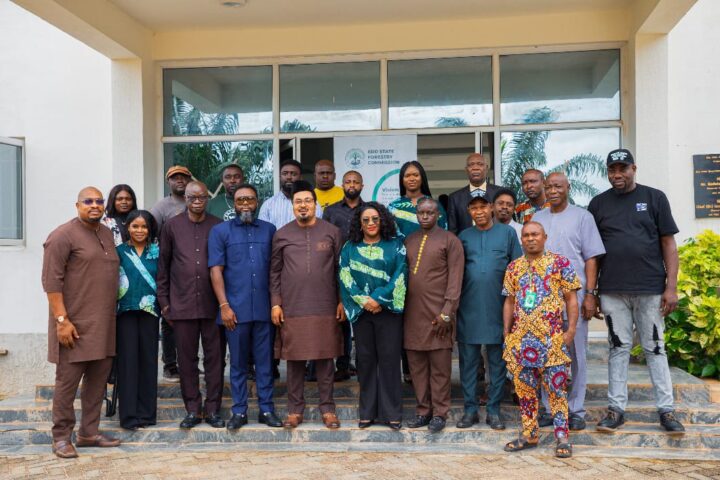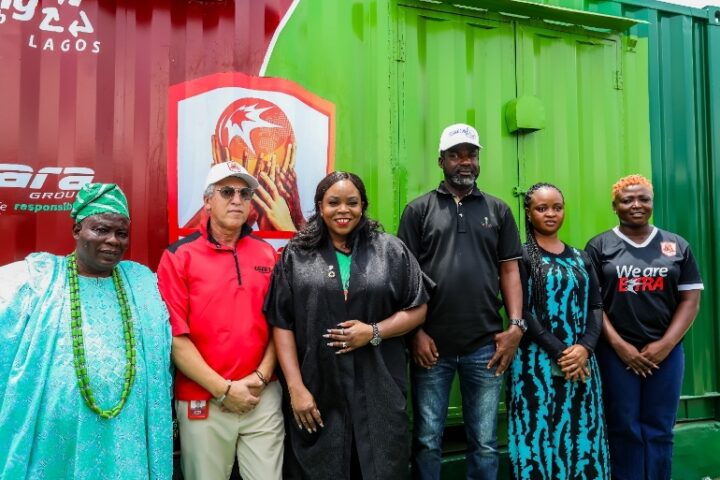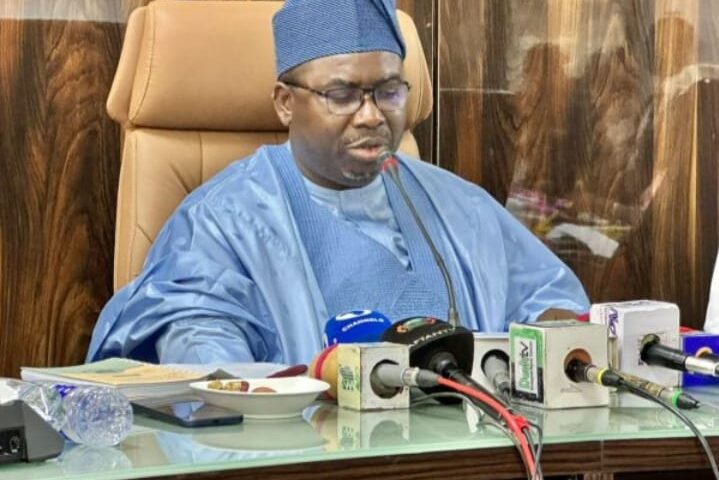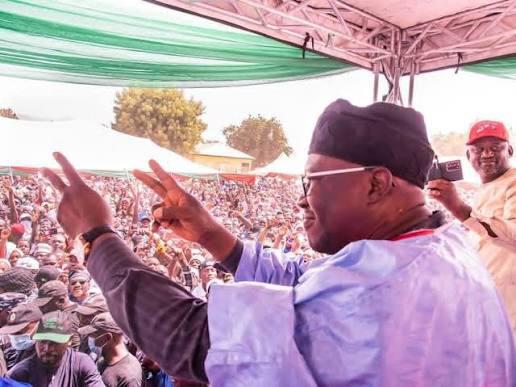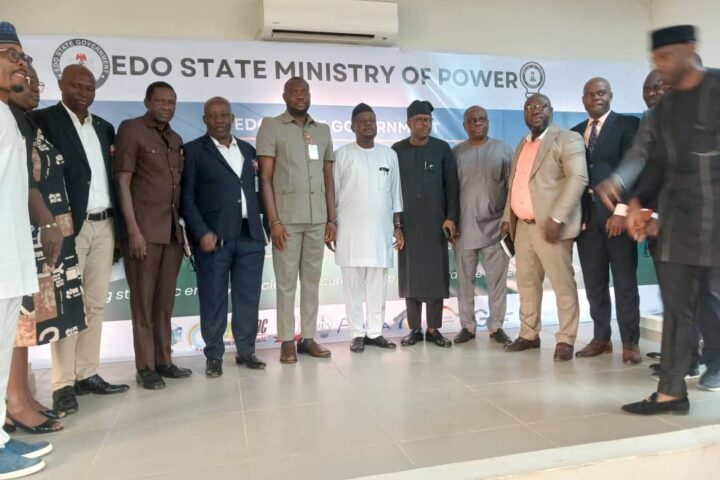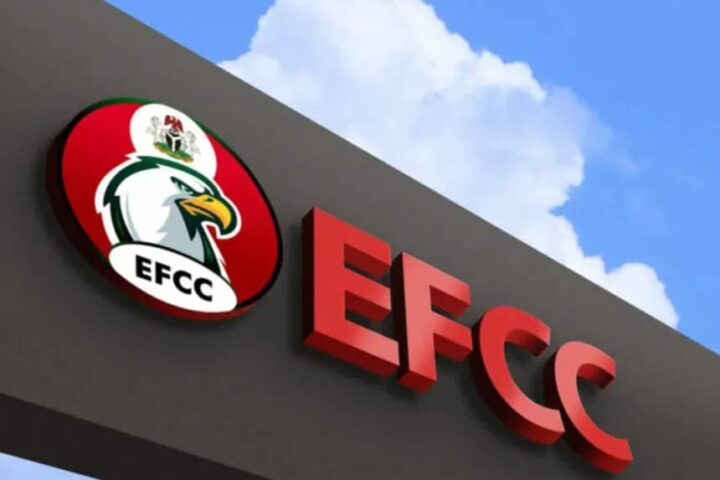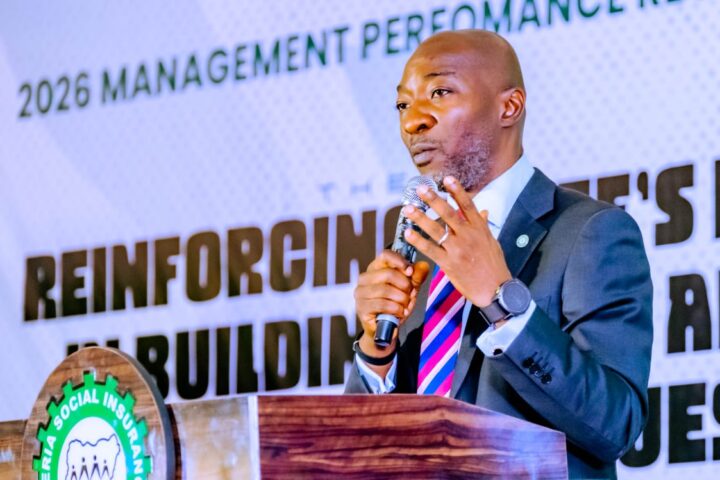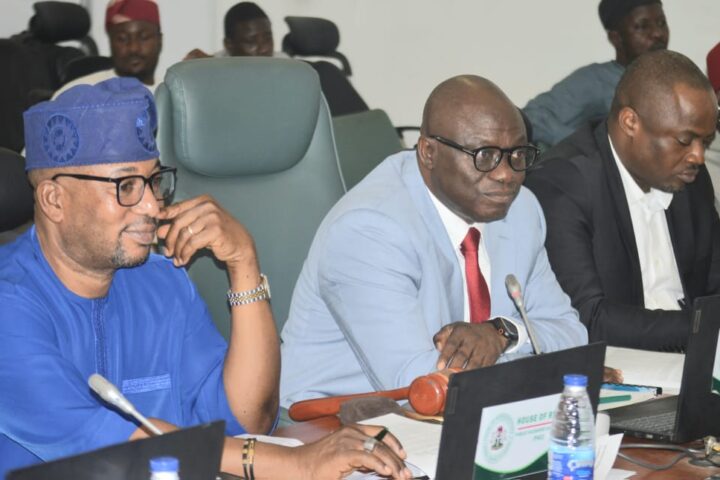Vice President Yemi Osinbajo has advocated a Debt For Climate DFC Swap deal in order to ensure a just energy transition for African countries.
Laolu Akande Senior Special Assistant to the President on Media and Publicity Office of the Vice President disclosed this in a statement on Friday in Abuja .
He is in Washington U S to seek global partnerships and support for Nigeria s recently inaugurated Energy Transition Plan ETP .
He delivered a lecture on Thursday explaining the DFC concept on a just and equitable energy transition for Africa at the Center for Global Development in Washington D C U S Debt for climate swaps is a type of debt swap where bilateral or multilateral debt is forgiven by creditors in exchange for a commitment by the debtor to use the outstanding debt service payments for national climate action programmes.
According to Osinbajo there are significant policy actions necessary to make the deal acceptable and sustainable.
He also proposed the greater participation of African countries in the Global Carbon Market while exploring financing options for energy transition.
He said there was a need to take a comprehensive approach in working jointly towards common goals including the market and environmental opportunities presented by the financing of clean energy assets in growing energy markets In addition to conventional capital flows both from public and private sources it is also essential that Africa can participate more fully in the global carbon finance market Currently direct carbon pricing systems through carbon taxes have largely been concentrated in high and middle income countries.
However carbon markets can play a significant role in catalysing sustainable energy deployment by directing private capital into climate action improving global energy security providing diversified incentive structures especially in developing countries and providing an impetus for clean energy markets when the price economics looks less compelling as is the case today Osinbajo encouraged developed countries to support Africa to develop into a global supplier of carbon credits ranging from bio diversity to energy based credits.
He said that the central thinking for most developing countries was the issue of a just transition with two not one existential crises the climate crisis and extreme poverty The clear implication of this reality is that our plans and commitments to carbon neutrality must include clear plans on energy access if we are to confront poverty.
This includes access to energy for consumptive and productive use and spanning across electricity heating cooking and other end use sectors Nearly 90 million people in Asia and Africa who had previously gained access to electricity can no longer afford to pay for their basic energy needs the inflationary pressures caused by the COVID 19 pandemic and other macroeconomic trends have been further exacerbated by the ongoing war in Ukraine.
He cautioned that limiting financing of gas projects for domestic use would pose a severe challenge to economic development delivery of electricity access and clean cooking solutions and the scale up and integration of renewable energy into the energy mix.
The vice president said that ETP was designed to tackle the dual crises of energy poverty and climate change and deliver SDG 7 by 2030 and net zero by 2060 while concentrating on the provision of energy for development industrialization and economic growth.
Osinbajo identified some double standards evident in the response to the current energy crisis by many countries in the global North .
Today excluding South Africa the remaining one billion people in Sub Saharan Africa are serviced by an installed capacity of just 81 gigawatts Sub Saharan Africa has contributed based on information that is already out there less than one per cent of cumulative CO 2 2 emissions By comparison the U S has an installed capacity of 1 200 gigawatts to power a population of 331 million people while the UK has 76 gigawatts of installed capacity for its 67 million people .
The per capita energy capacity in the UK is almost fifteen times than in Sub Saharan Africa he said .


